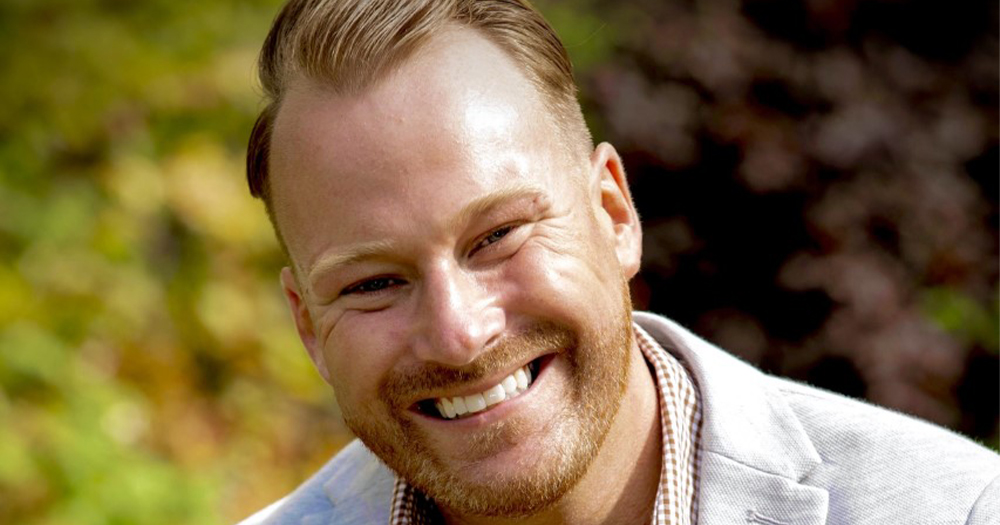Dave Casey is one of the Ambassadors for See Change – Ireland’s national stigma reduction partnership for people with lived experience of mental health difficulties. Here, he shares his own personal journey with mental health.
On May 22nd 2015, the Irish people made a stand for equality. The resounding ‘Yes’ vote from the people of Ireland ensured that, worldwide, this little nation would recognise love and all it encompassed, and ensure every citizen, every individual lucky enough to find love would be protected equally by the state.
This historic moment in time has enabled all of us across the country to be a part of something precious, something significant. Same-sex marriage enabled me to marry my husband, Declan, and make a commitment amongst my closet friends and family.
I believe the circle of love encompasses all of life’s most important relationships. The day I married Declan we entered a mutual bond which acknowledges; this is my best friend, the person who loves me for being me and who understands me at every level without the need for words.
We are all made to be different, but we must continue to all stand together to celebrate these differences, to see the beauty and strength in who we really are. You deserve to love, look, live and walk through the world however you see fit. No government, religion, society, or person has the right to tell you who to be. Loving ourselves and owning our truths is the bravest thing we will ever do.
Our mental health is key throughout our life course and people need to understand the term mental health. Some only think of mental illness when they hear the term. But positive mental health is more to do with our overall sense of wellbeing and how we feel we are getting on in our lives, as well as how we feel about ourselves and those around us.
Mental health stigma is a barrier to seeking help and our conversations with our friends and family or loved ones are the antidote to stigma. Stigma does not exist when we have these conversations out loud.
For myself, being in a same sex relationship there are still times when you may feel uneasy. We have come a long way within our Irish society in recent years but LGBTQIA+ people still can experience a significant degree of prejudice and harassment and this can lead to poor mental health and well-being. LGBTQIA+ people of all ages can still experience difficulties when ‘coming out‘ such as fear of rejection anxiety and depression. Labels and the wording and language we use around LGBTQIA+ are so important as it may prevent someone close to us telling us how they really feel.
If you do experience someone that has an issue with you, remember it’s not your fault, and you’ve done nothing wrong for being LGBTQ+. Do not feel you need to change to satisfy this person. The only thing that needs to change is this person’s unaccepting attitude or behaviour, which is a reflection on them not on you.
To read more personal stories on the lived experience of mental health difficulties, visit seechange.ie.
© 2021 GCN (Gay Community News). All rights reserved.
Support GCN
GCN is a free, vital resource for Ireland’s LGBTQ+ community since 1988.
GCN is a trading name of National LGBT Federation CLG, a registered charity - Charity Number: 20034580.
GCN relies on the generous support of the community and allies to sustain the crucial work that we do. Producing GCN is costly, and, in an industry which has been hugely impacted by rising costs, we need your support to help sustain and grow this vital resource.
Supporting GCN for as little as €1.99 per month will help us continue our work as Ireland’s free, independent LGBTQ+ media.

comments. Please sign in to comment.